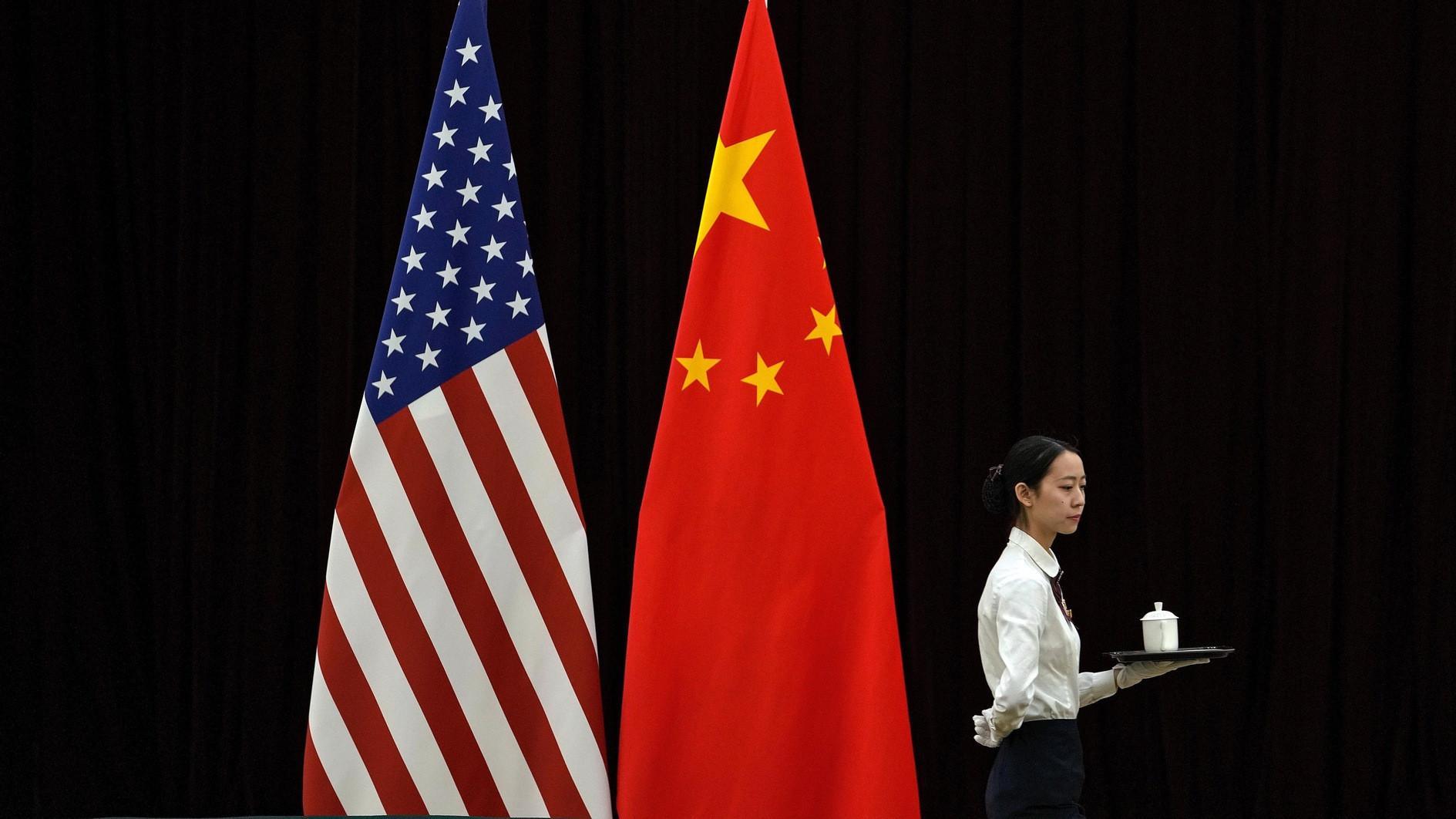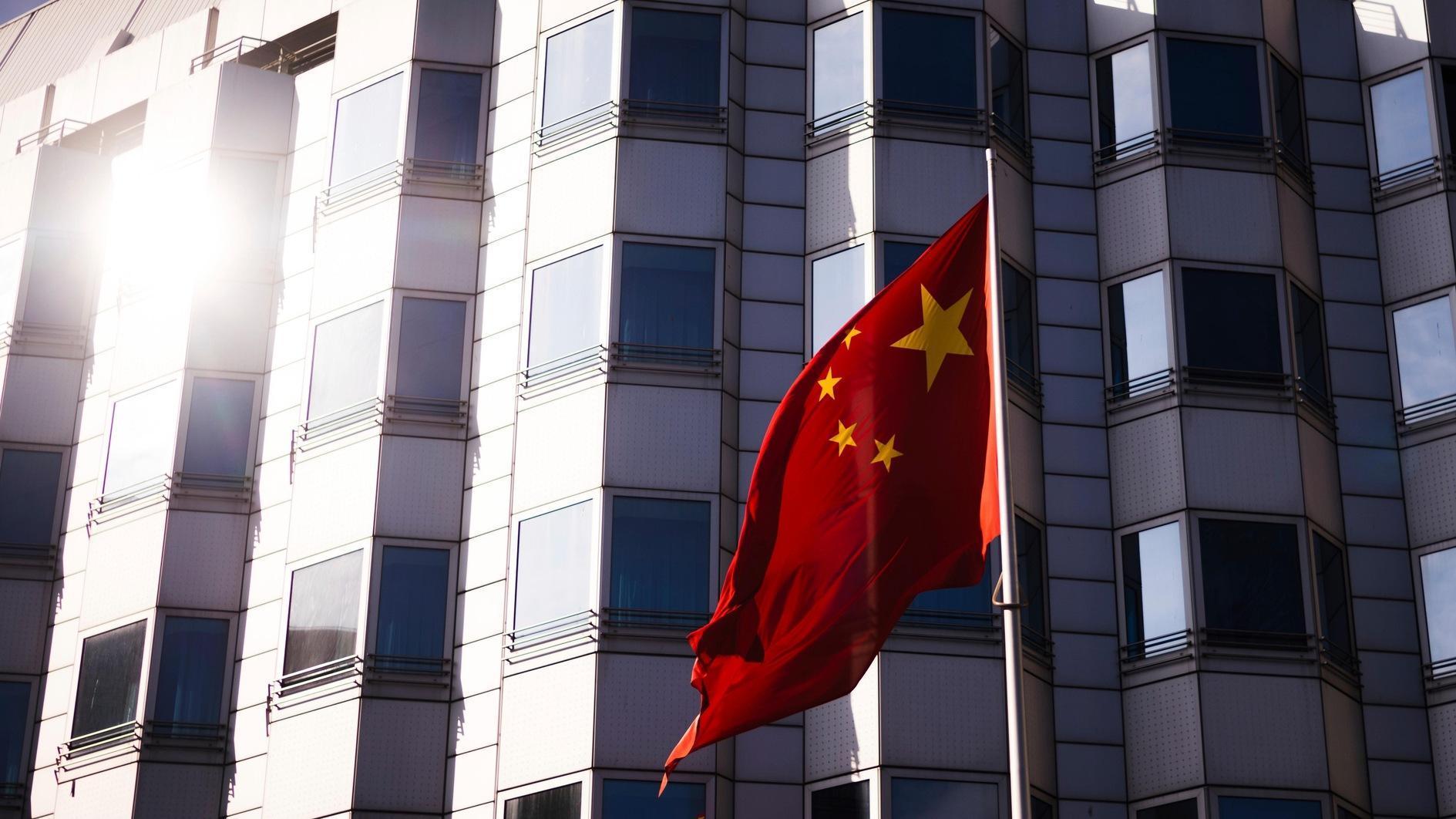China’s Singles Day beat Cyber Monday shopping
BEIJING - The Associated Press

Participants who are singles introduce themselves at a matchmaking party organized by one of the biggest Chinese matchmaking websites in Shanghai. AP photo
Lei Shujie, a designer in Shanghai, piled up a wish list for yesterday, a quirky holiday dubbed “Singles Day” that has grown into China’s - and possibly the world’s - busiest online shopping day.Clothes, a pillow, a cabinet to give a friend - Lei put off buying until yesterday, when retailers promised discounts of up to 70 percent. “The prices are irresistible,” she said.
Singles Day was begun by Chinese college students in the 1990s as a version of Valentine’s Day for people without romantic partners. The timing was based on the date Nov. 11, or “11.11” - four singles.
Unattached young people would treat each other to dinner or give gifts to woo that special someone and end their single status.
That gift-giving helped to turn it into a major shopping event as sellers of everything from jewelry to TVs to cars saw a marketing opportunity and launched Singles Day sales. It is China’s answer to Cyber Monday in the United States - the day after Thanksgiving weekend, when online Christmas shopping begins and merchants have their busiest sales day.
Companies that are rushing to cash in on the holiday range from Alibaba Group, operator of China’s biggest e-commerce platforms, to rival platforms such as 360buy Ltd., mom-and-pop companies that sell online and delivery services. In the first 13 hours of selling yesterday, the 50,000-plus merchants on Alibaba’s consumer-oriented Tmall.com took in 10 billion yuan ($1.6 billion), the company announced on its microblog account. That would top the total of $1.25 billion that research firm comScore said U.S. online retailers took in last year on Cyber Monday and might make Singles Day the biggest e-commerce sales day on record.
“This is very, very big for us,” Steve Wang, vice president of Tmall.com and head of website operations, said in a phone interview. The company said on its website that Sunday might be the “biggest e-shopping orgy ever.”
The spending binge will be welcome news for communist leaders who want to shift the basis of growth in the world’s second-largest economy from trade and investment to consumer spending and service industries. Weak global demand for Chinese exports has added to the urgency of ramping up domestic consumption. China has the world’s biggest population of Internet users, with 538 million people online. Its population of online shoppers also is the biggest at 193 million, versus 170 million for the U.S, according to Boston Consulting Group.
















